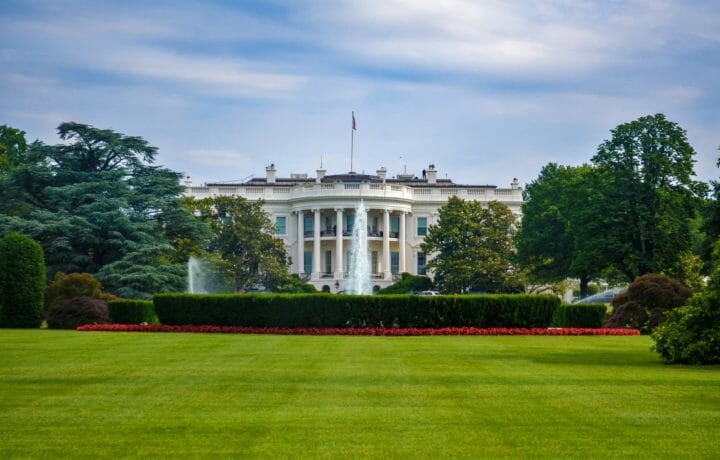Who advises the President on national security policy?
The White House National Security Council is a forum for considering topics between the President and cabinet officials. This group implements national security policy through the cabinet, and issues special executive orders called Presidential Directives.
Here’s a history lesson: The NSC was established by President Truman at the start of the Cold War. The predecessor to the National Security Council was the National Intelligence Authority, which was established by an executive letter in 1946 to manage the Central Intelligence Group, the CIA’s predecessor.
Currently, the National Security Council is headquartered at the Eisenhower Executive Office Building and chaired by the President. Its usual attendees are the Vice President, the Secretary of State, the Secretary of the Treasury, the Secretary of Defense, and the Assistant to the President for National Security Affairs. The Chairman of the Joint Chiefs of Staff is the military advisor to the Council, and the Director of National Intelligence is the intelligence advisor. The Chief of Staff to the President, Counsel to the President, and the Assistant to the President for Economic Policy are invited to attend any council meeting. The Attorney General and the Director of the Office of Management and Budget are invited to attend meetings pertaining to their responsibilities.
The NSC is divided between principal members who are required by law, like the President and Secretary of State, and staff who are temporary employees. Normally the council also has an Executive Director who functions as the National Security Advisor’s chief of staff, though this is not always the case. The size of the council staff varies considerably, from less than a dozen in 1948 to over four hundred in 2009.




